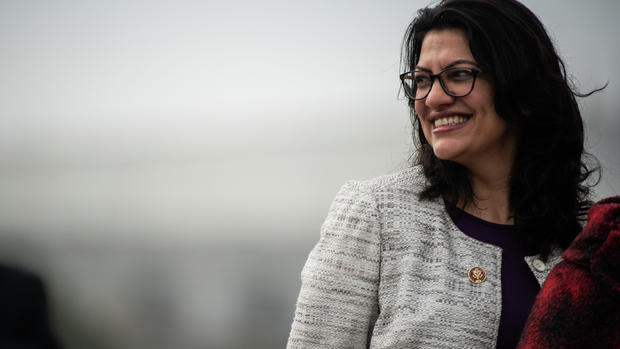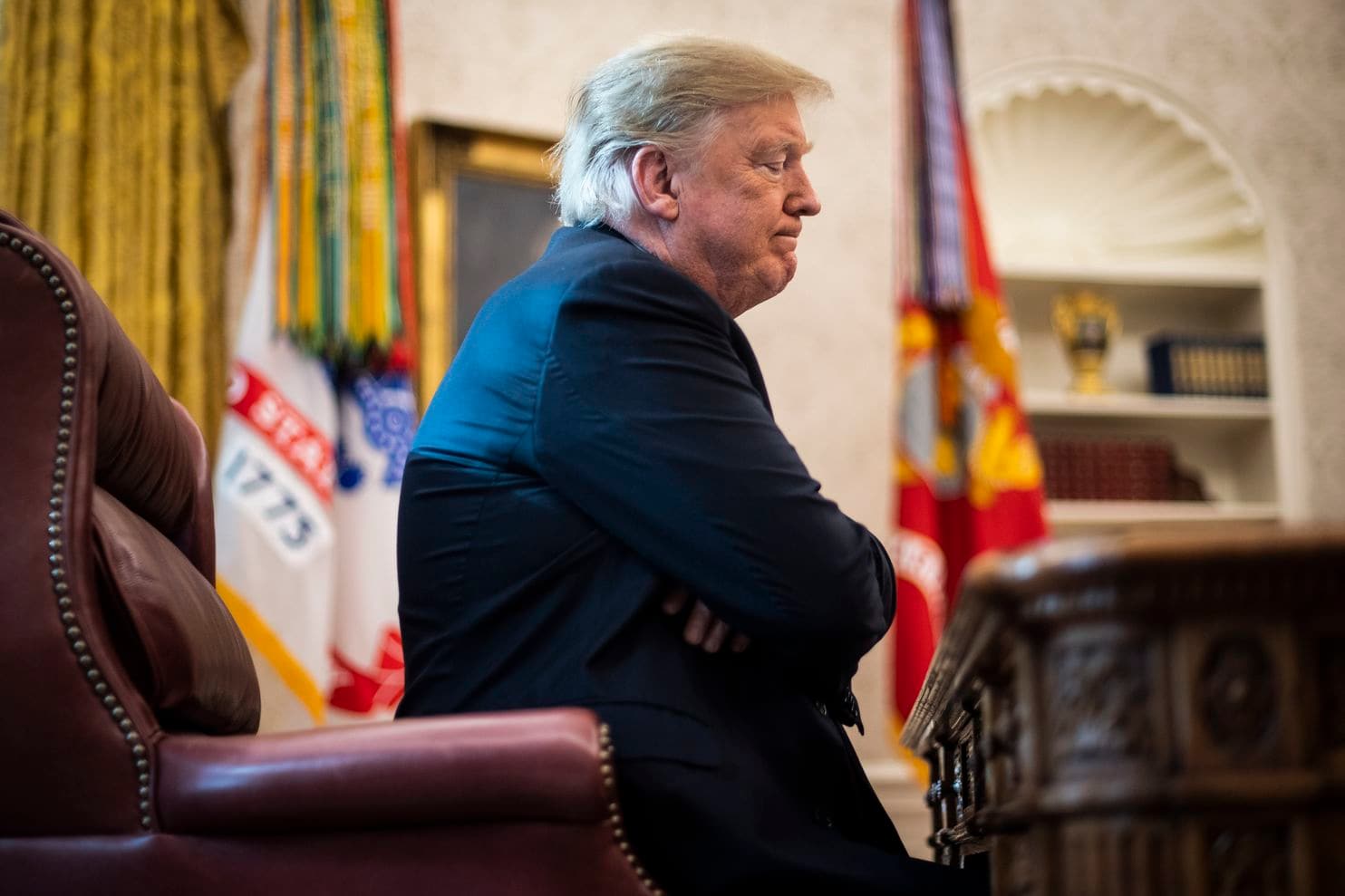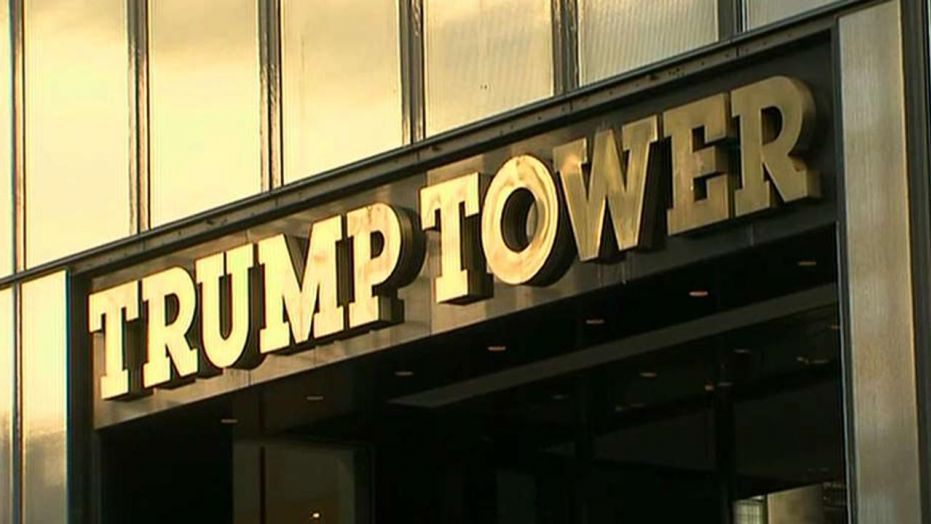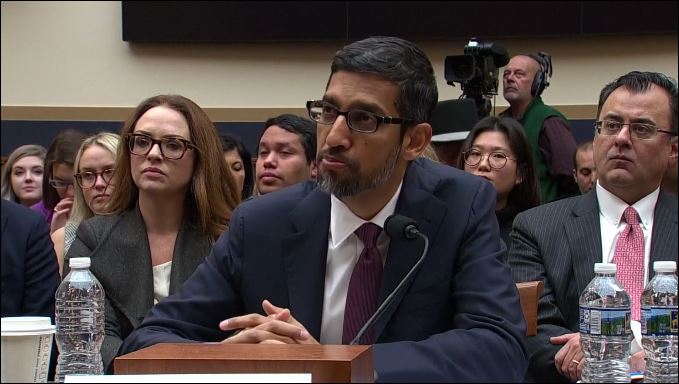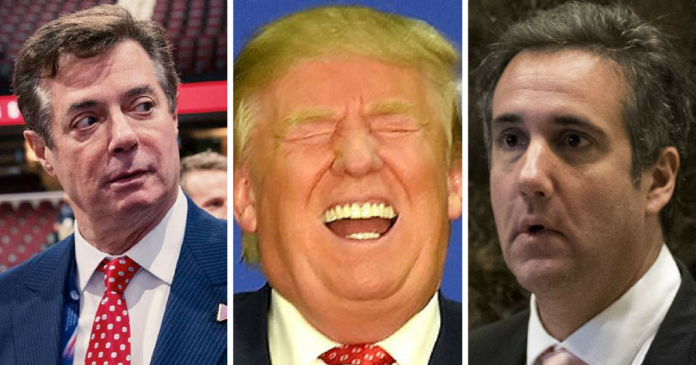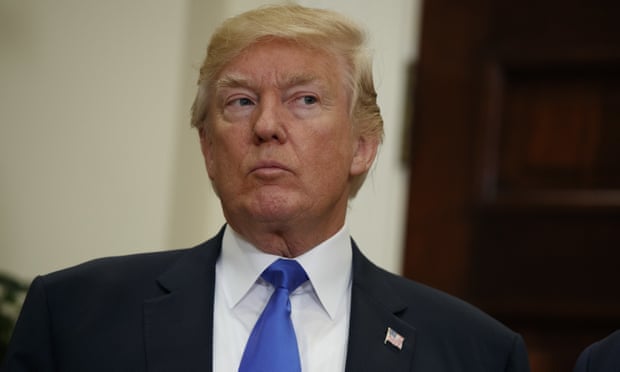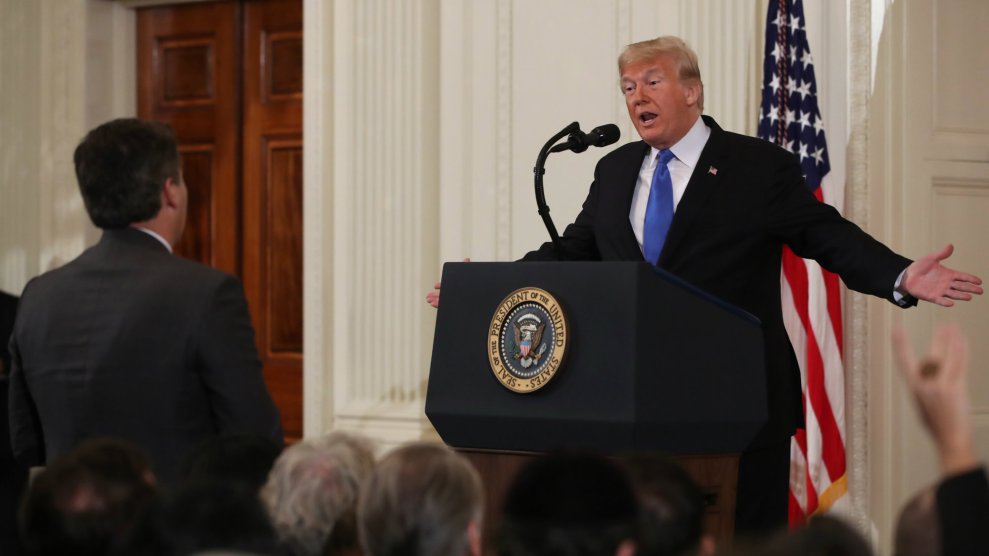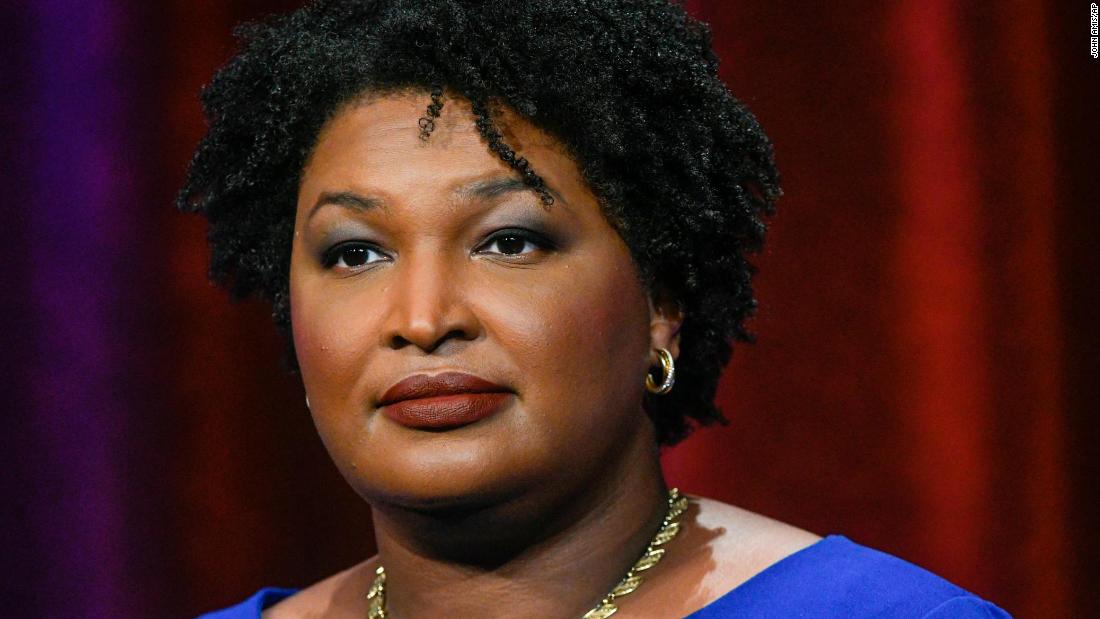As Muammar Qadhafi authorized his army and air force to board planes and drop bombs on protesters in his own country, the International community came together and decided that the only way to stop the massacre of innocent people was to create a ‘no-fly zone’ over Libya. President Obama joined European and Arab forces to enforce the no-fly zone, in an effort to ground Qadhafi’s bombers, thus stopping the killing of the Libyan people.
Seemed like the right thing to do at the time. The allied forces came together over the weekend and the ‘no-fly’ resolution they all agreed upon, was put into effect. Here in the United States however, although a new poll by CNN states that over 70%k of Americans are in favor of the resolution, Democrats and Republicans alike are now pondering whether or not President Obama should be impeached for violating the Constitution for declaring war on Libya.
Article 1, Section 8, Clause 11 of the United States Constitution is often referred to as the War Clause. It grants Congress the exclusive power to declare war, stating; “The Congress shall have Power to declare War, grant Letters of Marque and Reprisal, and make Rules concerning Captures on Land and Water”.
This power was given to Congress by the Framers of the Constitution and has certain exclusive authority – in addition to the declaration itself, Congress is also responsible for supplying the necessary funding to keep the war going. But the Constitution also grants exclusive authority to the President as Commander-In-Chief of the military forces, and determining which body should exercise their authority and when, is where the confusion comes in. It’s often referred to as “the zone of concurrent powers”.
In a piece called “Exploring Constitutional Conflicts,” the authors wrote;
In the zone of concurrent powers, the Congress might effectively limit presidential power, but in the absence of express congressional limitations the President is free to act. Although on paper it might appear that the powers of Congress with respect to war are more dominant, the reality is that Presidential power has been more important–in part due to the modern need for quick responses to foreign threats and in part due to the many-headed nature of Congress.
Presidents have used their authority in this capacity for decades. The most recent, the Iraqi War by President George Bush, was done without initial congressional declaration. Slate documents other times Congressional declaration was not done in major conflicts;
That practice confirms that the president, under his commander-in-chief and other executive powers, has very broad discretion to use U.S. military force in the absence of congressional authorization. Presidents have done this, in military actions large and small, over 100 times, since the beginning of the republic.
The largest and most consequential unauthorized military action is the Korean War launched by President Truman in 1950. Another big conflict without congressional authorization—and, indeed, in the face of an overt congressional vote that declined to provide such authorization—was President Clinton’s Kosovo intervention in 1999.
Some less significant unilateral uses of military force in the past 30 years include Haiti (2004), Bosnia (1995), Haiti (1994), Somalia (1992), Panama (1989), Libya (1986), Lebanon (1982), and Iran (1980). The executive branch has issued public legal opinions explaining the constitutional basis for most of these actions.
Democratic congressman Dennis Kucinich told Raw Story;
“President Obama moved forward without Congress approving. He didn’t have congressional authorization, he has gone against the Constitution, and that’s got to be said.”
But Kucinich didn’t stop there. He then went on to question whether President Obama should be brought up on impeachment charges. In the interview, he told the site, “And I’m raising the question as to whether or not it’s an impeachable offense. It would appear on its face to be an impeachable offense.”
President Obama, in a letter to congress explained his actions;
Dear Mr. Speaker:
At approximately 3:00 p.m. Eastern Daylight Time, on March 19, 2011, at my direction, U.S. military forces commenced operations to assist an international effort authorized by the United Nations (U.N.) Security Council and undertaken with the support of European allies and Arab partners, to prevent a humanitarian catastrophe and address the threat posed to international peace and security by the crisis in Libya. As part of the multilateral response authorized under U.N. Security Council Resolution 1973, U.S. military forces, under the command of Commander, U.S. Africa Command, began a series of strikes against air defense systems and military airfields for the purposes of preparing a no-fly zone. These strikes will be limited in their nature, duration, and scope. Their purpose is to support an international coalition as it takes all necessary measures to enforce the terms of U.N. Security Council Resolution 1973. These limited U.S. actions will set the stage for further action by other coalition partners.
United Nations Security Council Resolution 1973 authorized Member States, under Chapter VII of the U.N. Charter, to take all necessary measures to protect civilians and civilian populated areas under threat of attack in Libya, including the establishment and enforcement of a “no-fly zone” in the airspace of Libya. United States military efforts are discrete and focused on employing unique U.S. military capabilities to set the conditions for our European allies and Arab partners to carry out the measures authorized by the U.N. Security Council Resolution.
And the President states his constitutional authority as Commander In Chief;
The United States has not deployed ground forces into Libya. United States forces are conducting a limited and well-defined mission in support of international efforts to protect civilians and prevent a humanitarian disaster. Accordingly, U.S. forces have targeted the Qadhafi regime’s air defense systems, command and control structures, and other capabilities of Qadhafi’s armed forces used to attack civilians and civilian populated areas. We will seek a rapid, but responsible, transition of operations to coalition, regional, or international organizations that are postured to continue activities as may be necessary to realize the objectives of U.N. Security Council Resolutions 1970 and 1973.
For these purposes, I have directed these actions, which are in the national security and foreign policy interests of the United States, pursuant to my constitutional authority to conduct U.S. foreign relations and as Commander in Chief and Chief Executive.
This is not a new issue. This question has been asked before, and chances are, after President Obama’s tenure is over, it will be asked again. The President, as Commander In Chief is legally and constitutionally within his rights to take the actions that are underway in Libya.
If Dennis Kucinich and his Democratic and Republican congressmen feel that the actions of the President were unconstitutional, the Constitution gives them the authority to cut off funding to the military. And that too, would be legal. How far will they take this?

